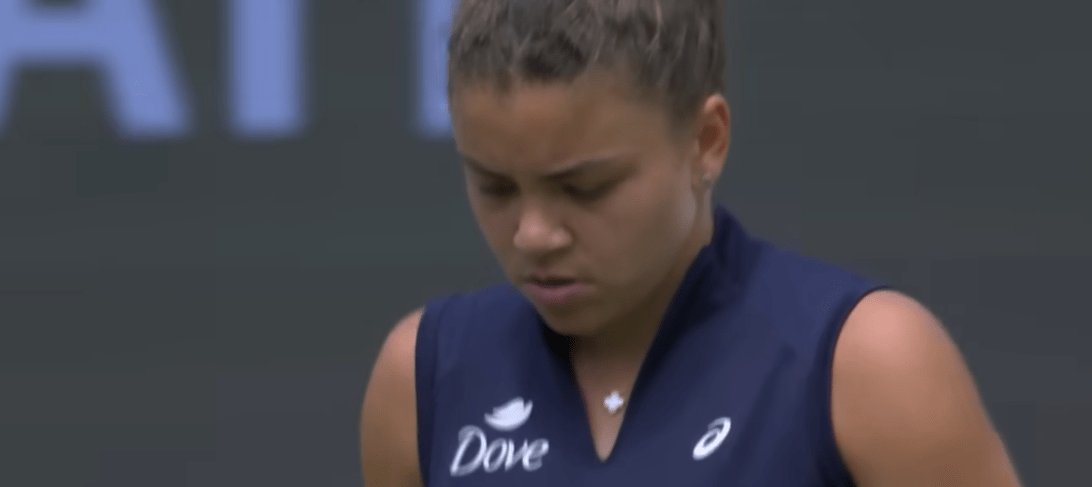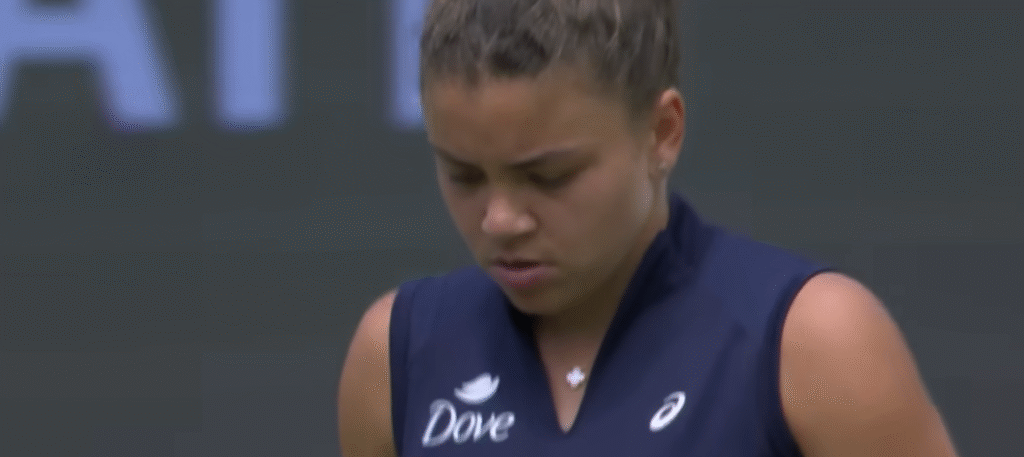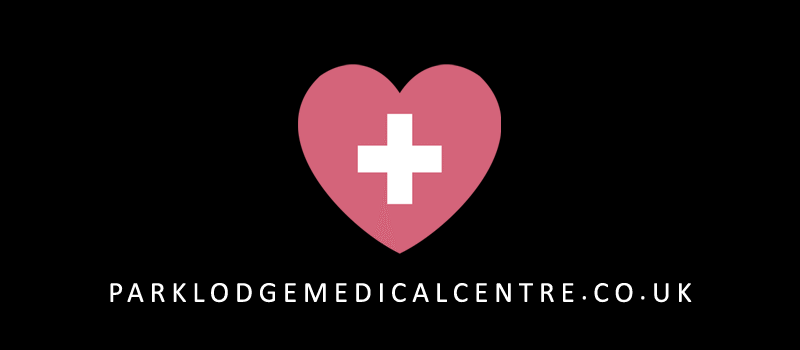
Basic Information on Jasmine Paolini’s Parents
| Detail | Information |
|---|---|
| Father | Ugo Paolini – Italian, introduced Jasmine to tennis |
| Mother | Jacqueline Gardiner – Polish and Ghanaian heritage |
| How They Met | Met in a bar in Tuscany, married soon after |
| Maternal Grandparents | Polish grandmother (lives in Łódź), Ghanaian grandfather |
| Siblings | Brother: William Paolini, also plays tennis |
| Notable Involvement | Frequently attend Jasmine’s matches, strong presence in her tennis journey |
| Cultural Influence | Multicultural household, Jasmine speaks Polish thanks to her mother |
| Public Mentions | Often referenced by Jasmine during interviews |
| Verified Source | The Sun – Jasmine Paolini Parents |

Her mother, Jacqueline, who brought with her a background enriched by both Ghanaian and Polish traditions, and her father, Ugo, a Tuscan with a composed manner, met by chance rather than through a fight at the beginning of Jasmine Paolini’s story. They met at a neighborhood bar in Tuscany, and their relationship swiftly developed into the emotional and cultural cornerstone of one of tennis’s most understatedly captivating stars.
Jasmine grew up in a welcoming, orderly, and diverse environment between Carrara and Forte dei Marmi. Her mother’s rich storytelling and strong family heritage were counterbalanced by her father’s Italian pragmatism. Ugo gave Jasmine a purpose when he introduced her to tennis at the age of five, in addition to a racket. Jasmine, who was frequently accompanied by Jacqueline, started to center her life around sports and was frequently urged to „choose one thing and love it.” Tennis prevailed.
Jasmine, who is exceptionally forthright about the roles played by her parents, attributes her consistent success to both of them, stating that the tennis club where she trained felt like „a big family.” When paired with the extreme pressure that athletes frequently endure, this sentiment really shines. Her parents provided a strikingly successful substitute for the high-stakes parenting that is frequently observed in professional sports. They took a consistent, affectionate, and subtly calculated approach rather than an aggressive one.
Jacqueline’s multicultural upbringing also enhanced Jasmine’s perspective on the world. Jacqueline was raised with the values of adaptability and resiliency by her Ghanaian father and Polish mother. She started a life that would eventually result in a daughter who is currently ranked among the top tennis players after relocating to Italy for work. One of Jasmine’s most notable similarities to her mother is her fluency in Polish, which is a sign of a deeply ingrained identity in a rapidly evolving profession.
Both Jacqueline and Ugo were present at the historic 2024 Wimbledon semifinal, which was one of the longest in the women’s history of the competition. Later, Jasmine acknowledged that she was experiencing a tidal wave of emotions from seeing her family in the stands in addition to competing against Vekić on the court. Winning wasn’t the only goal. It was about demonstrating that all of her parents’ sacrifices had paid off.
In tennis, this level of parental support is not unusual. The famed sculpture of Venus and Serena’s supremacy from local courts was created by Richard Williams. In a similar vein, Coco Gauff’s mother, who was once an athlete herself, has come to represent maternal guidance in sports. However, Jasmine’s tale feels especially novel because of its subtly potent undertones, which are strengthened by enduring presence but unmarked by grandeur.
Many fans find it grounding to see Jacqueline in the players’ box in addition to being cute. She doesn’t yell. She doesn’t make any dramatic gestures. She just observes. that words are not as powerful as silence. It is reminiscent of her patience working in Tuscan kitchens prior to meeting Ugo. It reflects the cool composure Ugo showed while assisting Jasmine with her recovery from injuries and performance declines.
Jasmine has dedicated a number of her tournament trophies over the last few years to her parents, most notably the W100 Les Franqueses del Vallès victory. It wasn’t a performative act. It was a very intimate gesture that acknowledged that parents frequently shape beliefs, even though coaches direct technique. Jasmine’s baseline was that belief, which was ingrained in her like muscle memory.
Jasmine’s upbringing challenges rigid notions of what makes an athlete Italian—or elite—by emphasizing the expanding intersection of identity and performance. The fact that she doesn’t fit the archetype is especially advantageous. In addition to having a larger fan base, her mixed identity gives her an intangible mental agility on the court. She calmly outpaces her opponents, who frequently underestimate her.
Through strategic parenting, rather than necessarily strategic planning, Jacqueline and Ugo fostered an ambitious and adaptable mindset. Their impact can be seen in the way Jasmine responds to interviews, gives competitors credit, and accepts defeats with grace. Academies don’t teach these qualities. After lengthy car rides home from training, they are developed over late-night debriefs and discussions at the kitchen table.
The discussion of family values in sports has also been refocused due to the noticeably increased public interest in Jasmine’s career. Paolini’s parents provide a very adaptable model as discussions concerning coaching ethics and parental overreach intensify. It lacks sheen. It is grounded. And it’s functioning.
Jasmine turned inward during the pandemic, when many athletes experienced loneliness. She was anchored by frequent tactical reviews with her father and virtual conversations with her mother. She wasn’t receiving orders from them. They were paying attention. This emotional openness has proven to be very dependable, particularly in high-stakes competitions.
The Paolini household continues to be a welcome exception in the world of professional sports, where parental involvement can frequently become oppressive. Their tale serves as a reminder that excellence doesn’t necessitate mastery of all factors. Sometimes all you need is to be there, whether it’s with the appropriate word, the right moment, or just quiet support.

